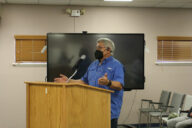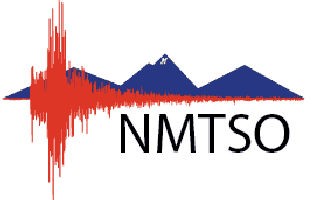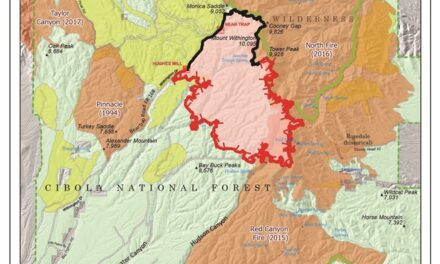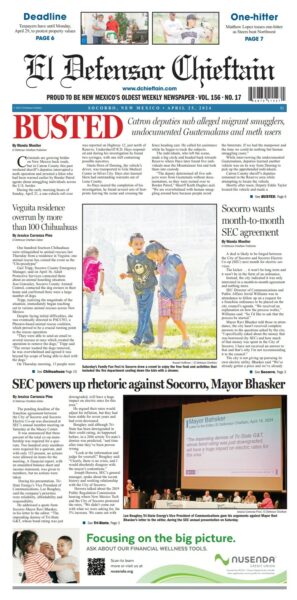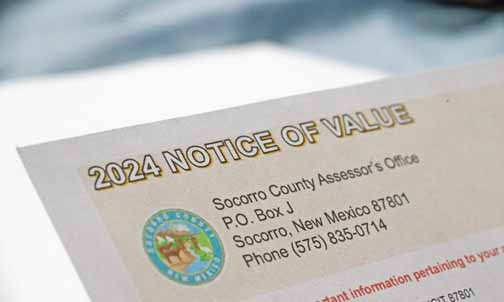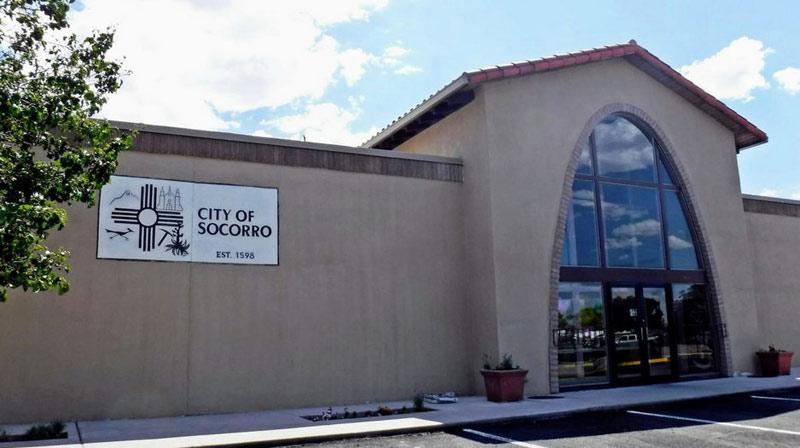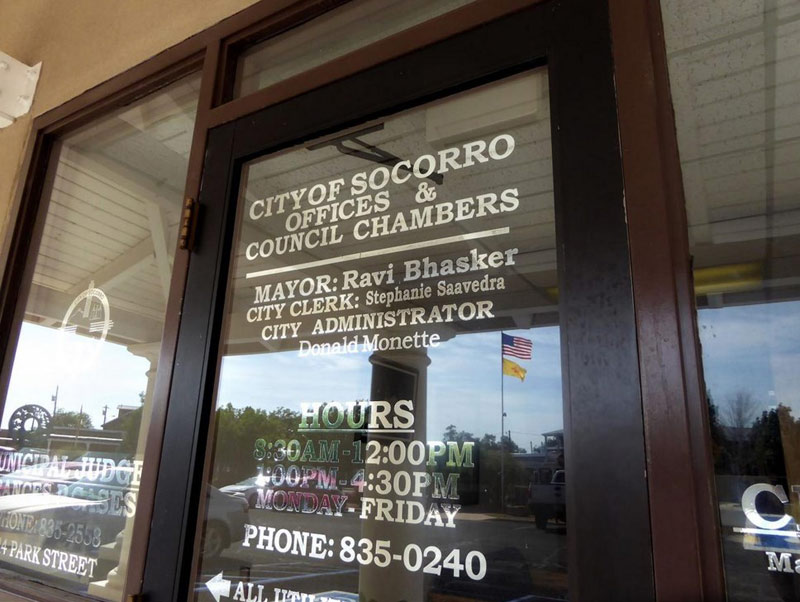
Council Chambers at Socorro City Hall
Socorro city residents can expect high speed internet to be available by 2023.
The city of Socorro announced that it plans to enter a franchise agreement to bring high speed internet into the city with internet service provider TDS. TDS currently provides cable service in the city, but has committed to investing in infrastructure for fiber. TDS is not committing to bringing internet service to the county.
“It’s a done deal to get broadband speeds up to where the rest of the world is doing in our state, which we haven’t had. I think that’s a huge event,” Mayor Ravi Bhasker told the Chieftain.
TDS already provides internet services in other small towns, including Lovington and T or C.
Bhasker said improved internet access should improve economic development in the city, as more businesses may spin-off from NM Tech and professors and researchers at the school may be more willing to live in town if the city has better internet access.
“Hopefully kids won’t be doing homework on their phone,” he said. “That’s what kids have been doing, homework on their phone because they don’t have wifi that is stable.”
The city council met Tuesday afternoon to discuss broadband. TDS Senior Vice President of Network Operations Mark Barber came before the council to assure them of TDS’s commitment to bringing broadband to the city.
The city has been trying to bring broadband to Socorro for 15 years, said Bhasker.
“This is infrastructure,” Bhasker told the Chieftain. “You’ve got to have sewers, you’ve got to have water and you’ve got to have broadband and you’ve got to have streets. All those things you’ve got to have if you’re going to have a city that’s not going to die.”
A committee that includes representatives from the city, New Mexico Tech, the school system and the county has been working on figuring out how to bring better internet access to the area. Each entity invested money to hire consultants and conduct an analysis on bringing broadband into the area. Both the city and county have been working to pursue federal grant funds to fund building internet infrastructure. Pursuing a franchise agreement with TDS means that the city will disengage from pursuing the grant.
“We would disengage from trying to get this grant, which may or may not be available, to fund our broadband backbone, so it is a major decision on the city’s part,” Bhasker told the council.
If the city could have secured the grant, the grant process would have taken at least 18 months, said Bhasker. The grant requires the governing body to find an internet service provider willing to provide service in the area and then provides the millions needed to build the infrastructure for high-speed internet. Then the internet service provider would take over the infrastructure.
The committee could not get a proposal from an internet service provider willing to provide services for the county, although there was tentative interest from providers willing to provide services to the city, said Bhasker. Instead of pursuing that option, the city will enter a franchise agreement with TDS. TDS is willing to build the infrastructure with its own budget in the city of Socorro.
The county will still proceed with the grant proposal process and still needs to find an internet service provider willing to provide high-speed internet service to the county. In a previous interview with the Chieftain, county manager Michael Hawkes said that if the city enters an agreement with an internet service provider that does not want to also provide services to the county, it may be more difficult for the county to find a provider interested in serving county. Since the county is not a densely populated area, it means an internet service provider would have to invest in maintaining more infrastructure for fewer customers. Hawkes believed that without the draw of being the primary ISP in the much more densely populated city of Socorro too, internet service providers may not be interested in providing internet service in the rest of the county.
TDS might be interested in providing internet services in parts of the county if there are some government subsidies to help offset the expense, said Bhasker.
While the city is disengaging from pursuing its own grant, so that it can enter the franchise agreement with TDS, the city is not disengaging from the committee or leaving the county on its own, said Bhasker.
Barber said that one barrier to TDS providing high-speed internet in the area previously was finding a cost-effective way to get it done. One way the company is making it economically feasible is by using a more cost-effective method to attach wires to poles. Instead of leaving its existing cables up, and attaching additional cables, TDS will detach its existing cables from poles and attach new fiber optic cables. This will reduce the weight on the poles. It will also cause an interruption in the cable services the company already provides when the infrastructure is updated.
In some areas, TDS will bury fiber in the ground instead of using poles, said Barber.
The existing franchise agreement with TDS for cable was signed in 2017 and is set to last until 2032, but a new franchise agreement will be needed since TDS is adding services.
TDS has budgeted to bid out the work to build the internet infrastructure in January, said Bhasker in an interview with the Chieftain, and at the earliest, the work would not be done until the end of next year.
The city will try to build safeguards into the franchise agreement in terms of price increases and in terms of making sure that rates charged for broadband service have to be consistent with industry-standard rates.
Century Link, which is an existing internet service provider in the city, has never negotiated with the city, said Bhasker, and has a franchise agreement that is month to month instead of a years’ long commitment.


